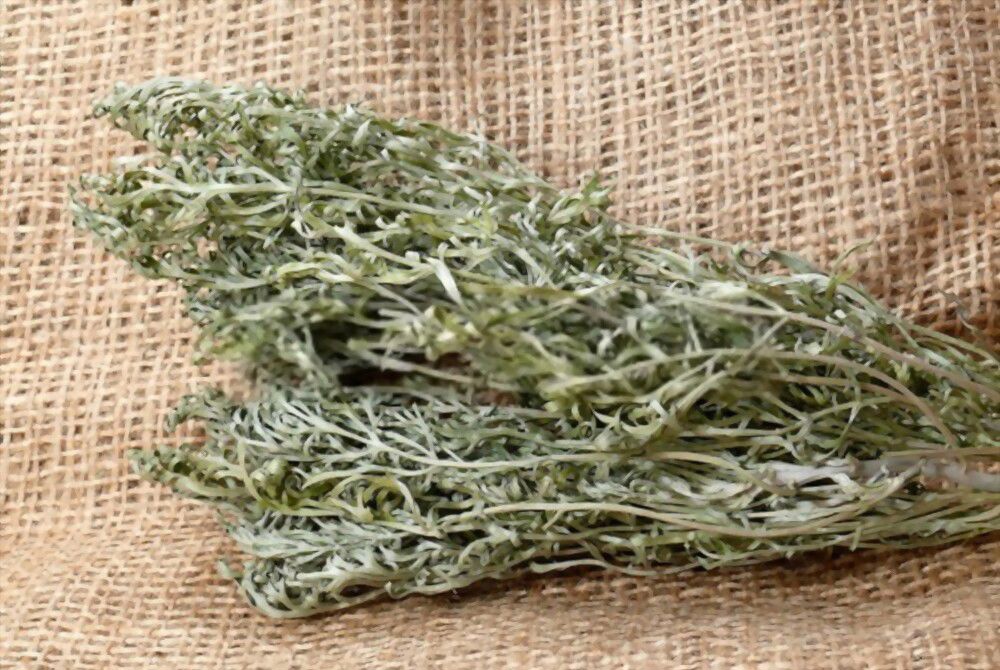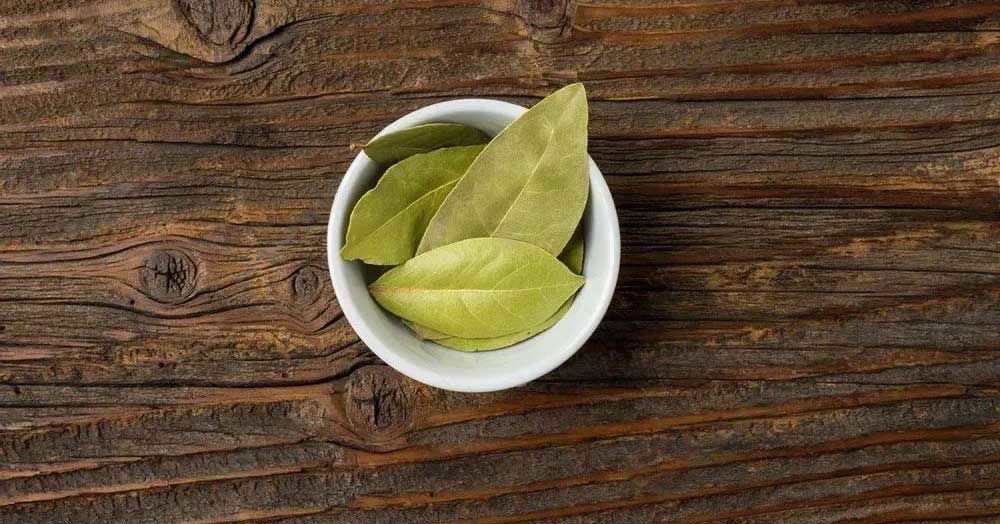Wormwood is a unique herb that has been used for centuries for both its medicinal and spiritual properties. The plant is believed to offer a variety of benefits, including improved digestion, reduced inflammation, and enhanced spiritual awareness. In this blog post, we will discuss the spiritual meaning and benefits of wormwood. We will also provide instructions on how to use the herb to achieve these benefits.
1. The history and mystery of Wormwood
Wormwood is a bitter herb native to Europe and Asia that has been used for centuries for its medicinal, culinary, and spiritual benefits. Historically, it was most widely known for its use in absinthe, an alcoholic beverage made from wormwood and other herbs.
Wormwood also had various uses in ancient Greek and Roman medicine; it was thought to have cleansing properties, be beneficial for digestion, and help people sleep better. In Christianity, the herb has been associated with suffering since biblical times due to its frequent mention in the text of Revelation 8:10-11. Its reputation as a powerful medicine continued into the Middle Ages when it was believed to cure everything from fever to intense pain.
Wormwood is an herb that grows mainly in temperate climates and is related to absinthe, which was famously used by artists such as Vincent van Gogh. In ancient Egypt, wormwood was believed to be sacred and was thought to have healing properties. It was also burned as incense for religious ceremonies.
2. The spiritual meaning and benefits of wormwood
2.1.The spiritual meaning of wormwood in the bible
In the Bible, wormwood is used to symbolize God’s divine judgment and anger. It appears multiple times in the book of Revelation as a harbinger of His wrath. In one instance, it is written that “a third of all living creatures died, and a third of all ships were destroyed” (Revelation 8:9-11). This could be seen as a sign from God that He was displeased with humanity's sins.
Wormwood also appears in Lamentations 3:15-17, where it serves as an image for suffering and sorrow. The passage reads “He has filled me with bitterness; he has made me drink wormwood,” which is meant to illustrate the pain and torment that comes with God’s judgment.
In Jeremiah 9:15, wormwood is used to represent the bitterness of sorrow and affliction. The passage reads “Therefore thus says the Lord of hosts, the God of Israel: Behold, I will feed them with wormwood and make them drink the bitter water.” This serves as a warning from God to those who disobey Him that they can expect painful consequences for their actions.
Overall, in the Bible, wormwood symbolizes divine punishment for sin, suffering in response to God’s wrath, and the bitterness of sorrow that comes with it. It serves as a reminder that one should obey the laws of God or risk facing the consequences.
2.2. In ancient Greece, it was said to be a source of divination or prophecy
The spiritual meaning of wormwood is closely linked to its use for divination and prophecy in ancient times. In many traditional shamanic cultures, it was used as an important tool for connecting with the spiritual world and gaining insight into the future. It was believed that by using this plant, shamans could open a portal to other realms of existence and gain access to information regarding upcoming events or karma-related messages from the divine realm. Consuming the herb could give one the ability to prophesy and interpret dreams.
2.3. Wormwood was associated with Hades, the god of the underworld, and it was said to ward off evil spirits
In Greek mythology, wormwood is linked to the god Hades. It is said that after Nyx (the goddess of night) created a potion from a type of herb known as "Apsinthion", she gave the drink to Zeus who then shared it with the other gods and mortals. The drink was so powerful that it caused some to fall into a deep sleep, similar to that death. The gods then decided to create a new god from this herbs power - Hades, the ruler of the Underworld.
In addition, wormwood is also said to have been used by Hades as a means of punishment for those who had sinned against him or had attempted to escape the Underworld. It was believed that anyone who drank a decoction of wormwood would suffer greatly, as it had powerful hallucinogenic properties. Furthermore, it was also said to be used in funeral rites and spiritual ceremonies - such as funerary offerings - as a means of honoring the dead and ensuring their safe passage into the afterlife.
2.4. Wormwood is often used for protection from negative energies and purification rituals
Wormwood was also seen by many cultures as a powerful cleansing tool. In some traditions, it was used in rituals to purify the soul and cleanse the environment of negative energies. This practice dates back thousands of years and is still commonly used today in modern spiritual healing modalities such as reiki.
It can also be used to cleanse the spirit by burning it as incense or using it in teas and baths. Additionally, some believe that its bitter taste can act as a reminder to stay humble and true to one's own values in life. Wormwood is also said to be useful for breaking bad habits and connecting with one's inner strength.
In Medieval Europe, wormwood's reputation shifted from one of healing to one of something quite sinister; it became known as a source of protection against witches and demons. The plant was also said to help ward off nightmares and bad dreams, and it was made into a tea or consumed in sachets of dried herbs as an "amulet" of protection. In some places, it was even burned around the home to keep away evil spirits.
3. Wormwood is also an important ingredient in absinthe
Absinthe is an alcoholic beverage steeped in myth and mystery, due to its magical properties. Wormwood is a key herb used when creating the drink, which gives it its characteristic flavor and aroma. This ancient plant has been used for centuries to make medicines, as well as spiritual rituals – something which gave rise to absinthe’s mysterious reputation.
Beyond its spiritual symbolism, wormwood is also an important ingredient in absinthe, a popular alcoholic beverage known for its strong hallucinogenic properties. It is believed that the herb has the ability to open up pathways to new insights and ideas, as well as help one to let go of old patterns of behavior and thought. It can also remind us to stay humble and true to ourselves while inspiring creativity through its role in absinthe.
Wormwood not only adds a unique flavor and aroma to this spirit but also increases its alcohol content; making for a powerful drink of mythical proportions that can fuel creativity or cause hallucinations. Contrary to popular belief, consuming absinthe won't give you “the green fairy” experience, but it can certainly add a special touch to your cocktail hour! So next time you’re looking for a spirit with magical properties, why not try one made with wormwood? The results might surprise you.
Conclusion
Today, many people continue to use wormwood for these same purposes – if not for physical healing, then for spiritual enlightenment and inner growth. The power of this herb can still bring clarity in communication with the divine realm, create strong protective shields against malicious spirits, and cleanse away negative energies to promote personal wellness. As such, wormwood remains a powerful tool for anyone looking to deepen their spiritual practice.
By understanding the spiritual meaning of wormwood, we can better appreciate its potential and use it wisely for our own benefit. Wormwood truly is one of nature’s most powerful gifts – if only we would take the time to understand its true value.









